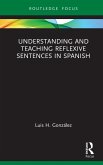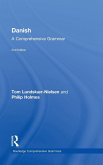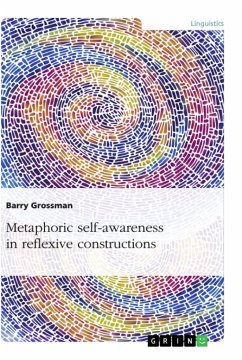High Quality Content by WIKIPEDIA articles! In grammar, a reflexive verb is a verb whose semantic agent and patient (typically represented syntactically by the subject and the direct object) are the same. For example, the English verb to perjure is reflexive, since one can only perjure oneself. In a wider sense, the phrase refers to any verb form whose grammatical object is a reflexive pronoun, regardless of semantics; such verbs are also referred to as pronominal verbs, especially in grammars of the Romance languages. There are languages that have explicit morphology to transform a verb into a reflexive form. English employs reflexive derivation idiosyncratically, as in "self-destruct"; Romance languages do the same with the Greek-derived prefix auto-.
Bitte wählen Sie Ihr Anliegen aus.
Rechnungen
Retourenschein anfordern
Bestellstatus
Storno








